Install Docker Swarm on RHEL 9 | CentOS 9
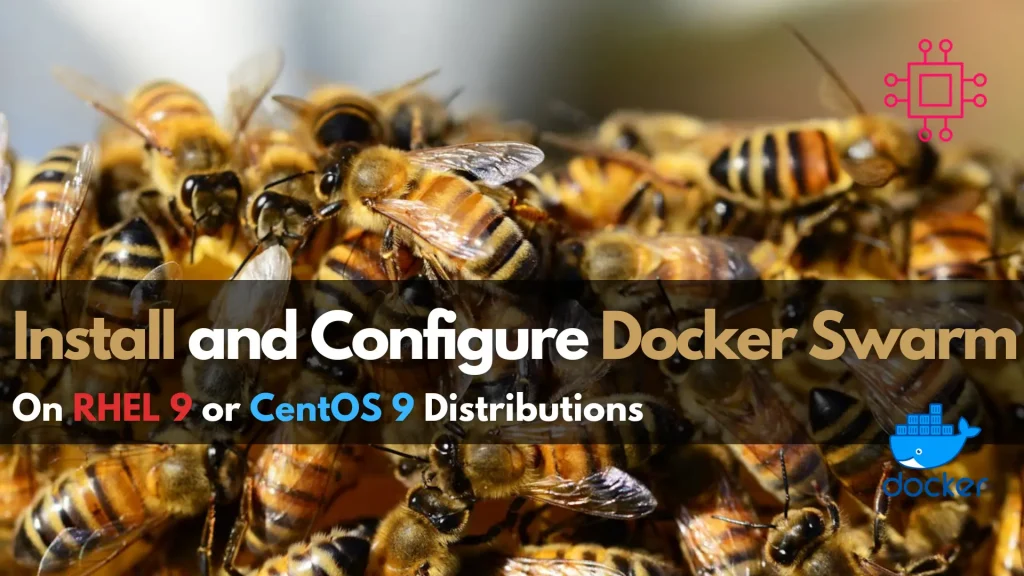
Learn how to install and configure Docker Swarm on RHEL 9 or CentOS 9 with our comprehensive guide. Follow step-by-step instructions and examples to deploy and manage containerized applications efficiently. Table of Contents Introduction In the realm of container orchestration, Docker Swarm stands out as a powerful tool for managing clusters of Docker hosts. If […]
Useful LVM Commands with Examples
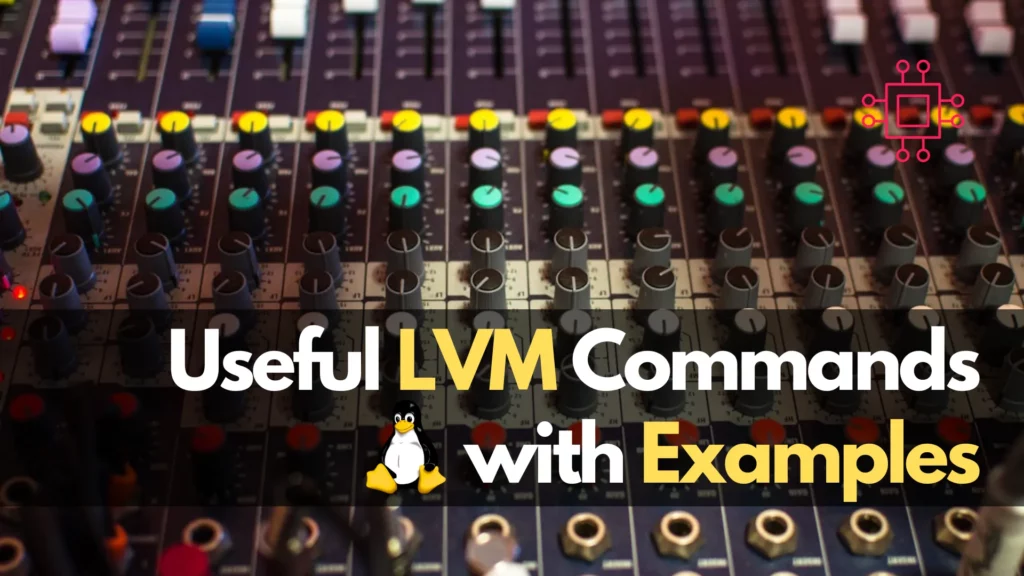
In this article, “Useful LVM commands with examples,” we will explore a selection of essential LVM commands commonly encountered by Linux sysadmins, engineers, and enthusiasts alike. These commands play a pivotal role in effectively managing storage resources on Linux systems. Table of Contents Introduction Logical Volume Management (LVM) is a powerful tool for managing disk […]
Installing SSL (HTTPS) on RHEL9 | CentOS9
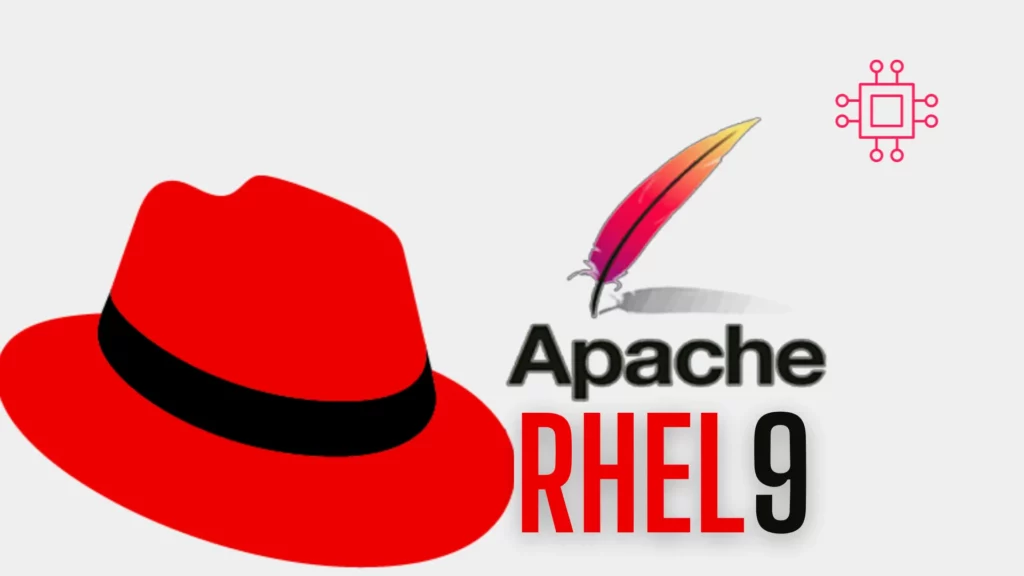
In this article, we’ll explore the simple steps to enable HTTPS on your website. We’ll guide you through the process of installing SSL on RHEL9, ensuring your website’s security and trustworthiness. Table of Contents Introduction With cyber threats on the rise, implementing HTTPS (HyperText Transfer Protocol Secure) via SSL (Secure Sockets Layer) has become a […]
Setting Up a Kubernetes Development Environment with Vagrant
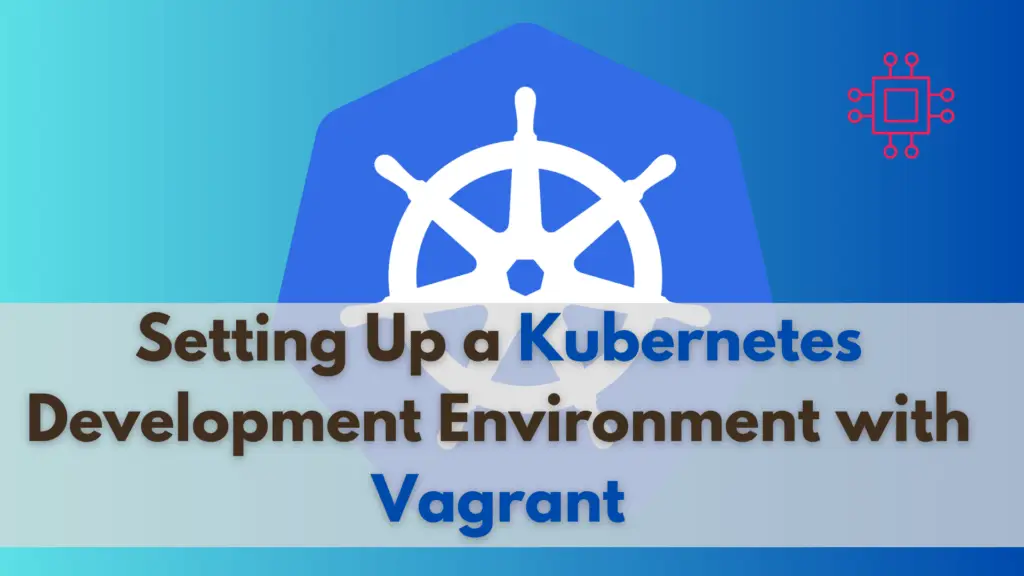
Are you looking to set up a Kubernetes development environment with Vagrant quickly and efficiently? Look no further! In this guide, we’ll walk through how to configure a Vagrantfile to create a virtual machine with CentOS 9, Docker, Kubernetes tools, and more. Let’s dive in! Table of Contents Introduction Are you eager to dive into […]
Installing Dogtag CA on CentOS9

In this comprehensive guide, we’ll walk you through the process of installing Dogtag CA on CentOS 9, ensuring your system is equipped with the necessary security infrastructure. Table of Contents Introduction Are you ready to secure your network with a robust Certificate Authority (CA) solution? Look no further than Dogtag CA, an open-source CA system […]
12 ways to find your IP address in Linux

In this blog post, we’ll delve into 12 tried-and-tested methods to find your IP address in Linux, equipping you with the knowledge to effortlessly navigate networking tasks and troubleshoot connectivity issues. Table of Contents Introduction In the Linux ecosystem, having the ability to quickly locate your IP address is invaluable for various networking tasks, troubleshooting, […]
Host Your Own Podman Registry

In this guide, we’ll explore how to host your own Podman repository, empowering you with greater control over your container images. Table of Contents Introduction In the continuously evolving realm of containerization, tools such as Podman have become indispensable for both developers and system administrators. As an alternative to Docker gains momentum, efficient management of […]
Comparing Ansible, Terraform, and Pulumi: Choosing the Right IaC Tool for Your Project

In this article, we will be comparing Ansible, Terraform, and Pulumi–three popular IaC tools, to help you choose the best option for your projects. Table of Contents Introduction In the rapidly evolving landscape of DevOps and infrastructure management, selecting the right Infrastructure as Code (IaC) tool is crucial for ensuring scalability, maintainability, and efficiency in your […]
Virtual Hosting Management with Podman and HAProxy: Optimize and Secure Multiple Websites

In this comprehensive guide, we’ll explore how to master virtual hosting management using Podman and HAProxy, enabling you to streamline your web infrastructure, achieve optimal performance, and secure your websites with HTTPS. Table of Contents Introduction In today’s digital world, handling many websites efficiently isn’t just about making things easier; it’s super important for both […]
Install NoMachine on RHEL9 or CentOS9
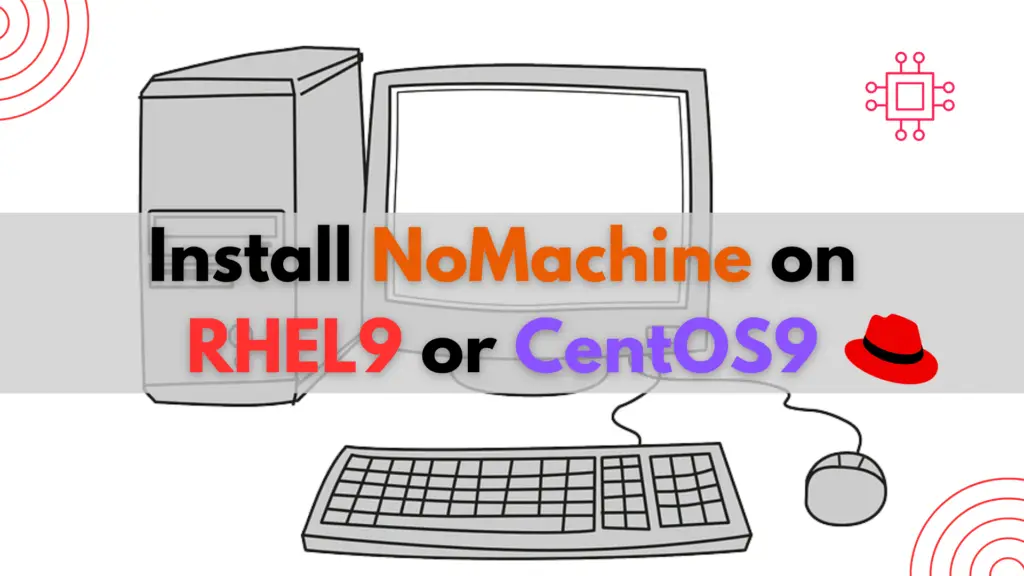
In this article, we will review how to Install NoMachine on RHEL9 or CentOS9, providing a comprehensive guide to setting up this powerful remote desktop solution on two of the most popular Linux distributions in enterprise and server environments. Table of Contents Introduction In today’s interconnected world, remote desktop solutions have become indispensable for seamless […]
